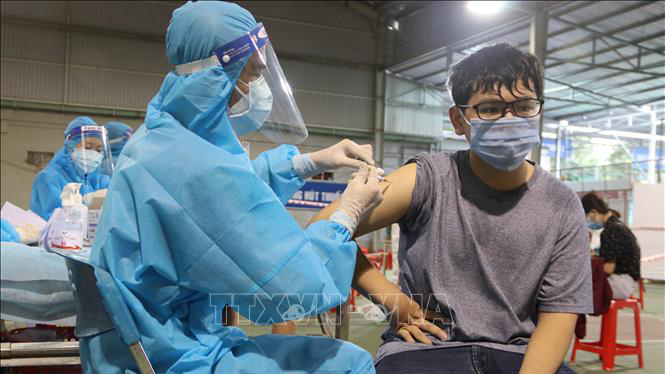HCMC — The World Health Organization (WHO) has announced that it will share the mRNA vaccine technology it has developed in collaboration with South African scientists with five more countries, including Vietnam.
Vietnam, Bangladesh, Indonesia, Pakistan, and Serbia will receive support for the vaccine technology transfer from the global mRNA hub in South Africa, the WHO said at a press conference on February 23.
The five countries, which were selected by a group of experts, have proved that they have the capacity to absorb the technology and, with targeted training, move to the production stage relatively quickly, it added.
Six African countries — Egypt, Kenya, Nigeria, Senegal, South Africa, and Tunisia — and two Latin American nations — Argentina and Brazil — were earlier chosen by the WHO for the project, which is being supported by European Union member states, particularly Belgium, Germany and France.
The WHO said it will also set up a bio-manufacturing training hub in South Korea to help low- and middle-income countries produce biologicals such as vaccines, insulin, monoclonal antibodies, and medicines for cancer treatment.
“One of the key barriers to successful technology transfer in low- and middle-income countries is the lack of a skilled workforce and weak regulatory systems,” said WHO general director Tedros Adhanom Ghebreyesus.
“Building those skills will ensure that they can manufacture the health products they need at a good quality standard so that they no longer have to wait at the end of the queue,” he added.
Addressing a virtual press conference, Vietnamese Minister of Health Nguyen Thanh Long said: “Although Vietnam is a developing country, we have had a lot of experience in vaccine development over the past decades. Our National Regulatory Authority has been recognized by the WHO.”
“We believe that by taking part in this project, Vietnam will be able to produce the mRNA vaccine on a large scale for not only domestic consumption but also for other countries in the region and the world, thereby reducing inequalities in access to vaccines,” he affirmed.











